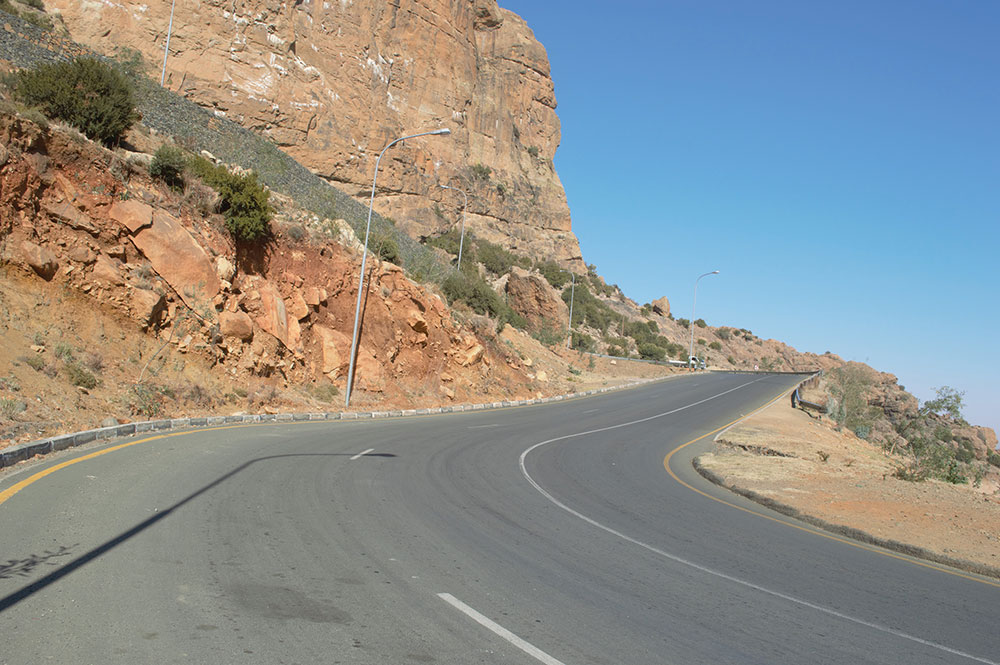By Majirata Latela
Lesotho’s local government was mainly created to meet the needs of Lesotho citizens and reduce poverty through more focussed development delivery and local democratization.
However, this has never been the case as all these years Lesotho local government system has not been performing its mandate as is expected of it.
Councils in Lesotho were promulgated by the Constitution of Lesotho, 1993, Section 106 which states that, “parliament shall establish such; local authorities as it deems necessary to enable urban and rural communities determine their affairs and develop themselves”.
The key question is whether ‘developmental local governance’ (DLG) in Lesotho precipitates adequate social inclusion of the rural and urban poor to the point of real developmental-service delivery and community driven development.
To put the issue into perspective, theReporter engaged the Kanana D08 Community Council in Berea to hear what they have to say about their performance and why they are failing to do their job as expected.
The chairperson of the council, Zwane Takane singled out two things which he said were critical for their performance, which he said are the reason why they are failing to develop their communities as they would want to.
“These councils are moribund, they are not functional, and we are just there to earn salaries. The central government is doing our job, the money and all projects are controlled by the ministries and that means we do not have a budget to implement the projects and developments that our communities are expecting us to do for them,” Takane said.
As if it is not enough for them not to have control of developments that take place on the ground, Takane further showed that even their offices are abandoned: “We do not have stationery or equipment to do even the little things such as land allocation; computers are dead, printing papers and ink are not available.
“When one requests an office pen, it usually takes up to six months to get to us only because even at district level they are not given enough money to supply us with our needs. We have yellow plant at district level but most of them are either broken or do not have fuel when we need them.
“For example, during this time of the Covid-19 pandemic, we are not informed of anything by the ministry of health; we are practically not there in their plans as no one has ever said anything to us.”
He showed that when the lockdown started and people were told to adhere to the rules of the lockdown, they as councillors only heard about it like everyone else as they were not engaged to tell them about their responsibility in making sure that people do as they are told.
“We wish the ministry could make time to talk to us and address our concerns; we can’t be dealing with this virus as if we are dealing with just a common cold, people enter our villages through illegal borders and when they arrive at our villages we do not have even the airtime or phones to call the ministry,” he said.
The fractured nature of Lesotho local governance is confirmed by Transformation Resource Centre’s Decentralisation Officer, Tšitso Kapa, who says they have been pleading with the central government to implement decentralisation and make sure there is a local government law that is in line with the National Decentralisation Policy of 2014.
Kapa further noted that the 2017 Decentralisation Bill is not in line with the policy which expressly prescribes devolution of power.
“Devolution of power has the aspect of physical decentralisation which is the control of funds, but in that bill local authorities are not given the power to have full control of their funds, namely remittances that they collect.
“Community councils, in this manner, are not allowed to use those collections to run their projects or even run their offices. The monies they collect goes into the government’s revenue collection and when they need to develop their communities they have to request them from the central government which in turn gives them money that is not even enough to run an office for a full financial year,” he said.
He added that giving local communities power means giving them the chance to have full control of the developments that are done in their communities. “Let’s take the issue of mines for example; if community councils do have full responsibilities, they would have the responsibilities of making sure that cooperate social responsibilities and compensation of land degradation happen.”
Kapa further said the other aspects of physical decentralisation include having full control of the monies they collect; they would be able to partner with different development partners without having to involve the central government, which usually drags everything that needs to happen at village level because of red tape.
Meanwhile, decentralisation and local governance expert Mpopo Tšoele who is also the director of Pitsong Institute of Implementation Research, indicates that when local authorities were introduced it was because there was a vacuum, and developments were there but they did not reach the people at community level.
“The problem tree has identified that community councils do not have enough powers. If there are clear mechanisms on how community councils should work with the central government, then financing of functions would not be an issue.
“Let’s take Covid-19 for example; those people at the command centre do not see the results of their work because they are operating at the highest level where there is no need for education and resources such as masks, sanitisers and money for educational training.
“Councils should start doing their functions so that development partners or anybody starts seeing that they are working and then they will be financed. Driving a decentralisation bill which does not have functions of how each one is going to perform their job is futile,” Tšoele argued.
He warned that councillors will continue to stay where they are, doing nothing, because they need to be concise in what they would like to do regarding the problem, and they should also fight for that.
“All ministries need to work with community councils because that is where the implementation happens. They need to channel their resources down to them so that they could see success,” he concluded.









